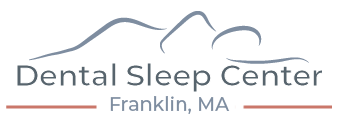If you're one of the millions of Americans who suffer from sleep apnea, you know how debilitating it can be. Fortunately, there are a number of treatment options available to help you get the quality sleep you need. Here are some of the most common treatments for sleep apnea. Your sleep apnea specialist can diagnose your unique situation and provide advice on how to find the best treatment for you.
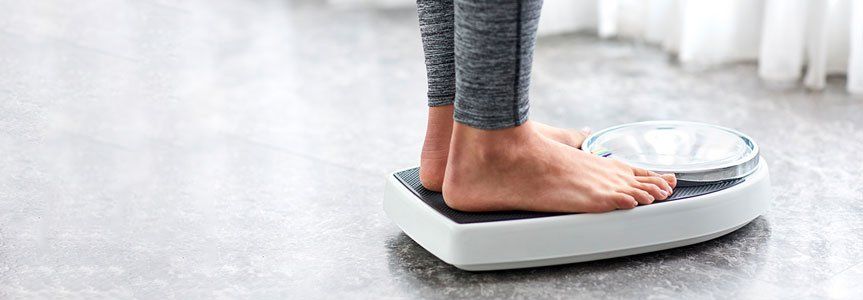
Weight Loss (lifestyle changes)
Treatment options for sleep apnea start with lifestyle changes, as obesity and being overweight are two very common risk factors which contribute to sleep apnea. Your doctor may recommend starting an exercise regimen or diet plan that includes a well-balanced variety of meal options. If you are a smoker, your doctor may also recommend that you quit smoking to alleviate the symptoms of sleep apnea as well.
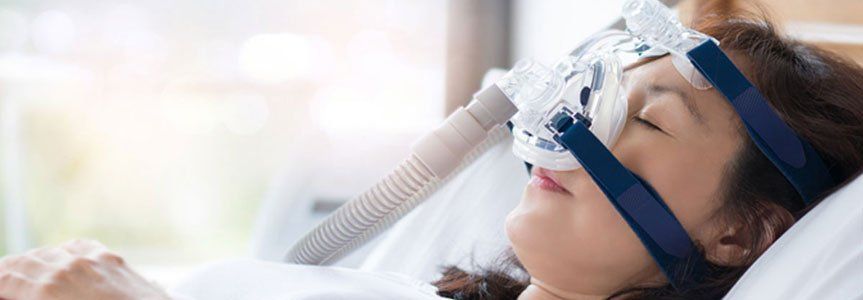
CPAP (Continuous Positive Airway Pressure)/ BiPAP Therapy CPAP therapy
CPAP therapy is one common treatment for sleep apnea, and it involves using a device that delivers pressurized air through a mask worn during sleep. Bipap therapy is similar to CPAP therapy, but it uses two separate pressures to treat different types of sleep apnea. If you are struggling with sleep apnea and have not been able to find relief with other treatments, you may want to ask your doctor about CPAP or bipap therapy.

Oral Appliances
Oral appliances are custom-made devices used to treat sleep apnea. They fit inside your mouth and hold your tongue or jaw in a specific position to keep your airway open. Oral appliances can be very effective at treating sleep apnea and have been shown to reduce symptoms such as snoring, daytime tiredness, and morning headaches. Many people prefer oral appliance therapy to CPAP machines because they are more comfortable and convenient and align the mouth and lower jaw in a position which encourages continuous air flow.
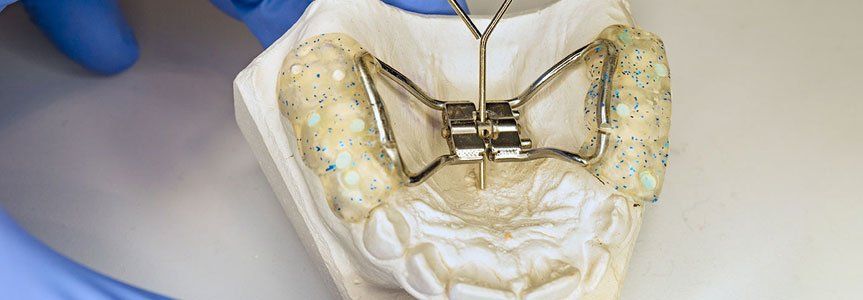
Rapid Palatal Expansion
RPE is a procedure that involves widening the upper palate by inserting custom-made braces into the mouth. This approach has been shown to be effective for people who snore or suffer from obstructive sleep apnea which is caused by a narrow upper palate.
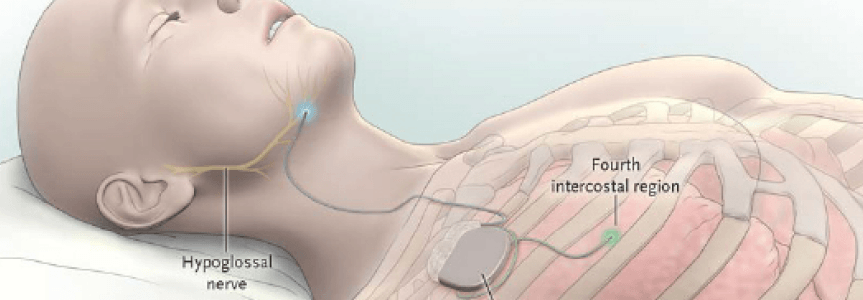
Upper Airway Stimulation (UAS) therapy
Upper airway stimulation therapy is a treatment for people who have obstructive sleep apnea which stimulates the muscles in the throat to keep the airway open. It involves using an implant to work the upper airway muscles and keep them from collapsing during sleep. This can help improve breathing and prevent snoring.
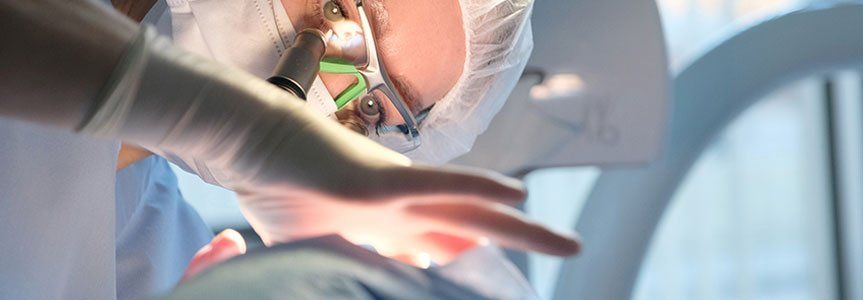
Surgery
If you are one of the millions of people who suffer from sleep apnea, you may be considering surgery as a treatment option. Surgery for sleep apnea is not a quick fix, but it can be an effective treatment for some people. There are several types of surgery for sleep apnea, and the right type for you will depend on the cause of your sleep apnea and the severity of your symptoms. So give your sleep apnea doctor a call to find out if surgery is the best option for you.
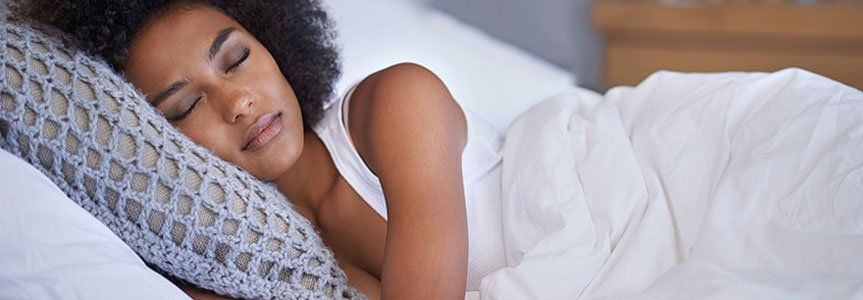
Lifestyle changes
Changing your habits can have a positive effect on the severity of your sleep apnea. Since obesity or being overweight is a big risk factor, your doctor may suggest losing weight. Exercise and a shift to a healthy diet full of vitamins and minerals is key to maintaining a healthy body. Also, because sleep apnea affects your breathing, quitting smoking is another lifestyle habit your doctor may recommend to alleviate your sleep apnea symptoms.
CPAP (Continuous Positive Airway Pressure) Machines
CPAP (continuous positive airway pressure) machines blow air into your lungs through a mask that covers your nose and mouth, keeping your airways open so you can breathe properly. This ensures that you have a continuous stream of fresh air as you are sleeping. These machines must be well-maintained and cleaned, though if you're struggling to get a good night's sleep, a CPAP machine might be the answer for you.
CPAP (Continuous Positive Airway Pressure) Machines
CPAP (continuous positive airway pressure) machines blow air into your lungs through a mask that covers your nose and mouth, keeping your airways open so you can breathe properly. This ensures that you have a continuous stream of fresh air as you are sleeping. These machines must be well-maintained and cleaned, though if you're struggling to get a good night's sleep, a CPAP machine might be the answer for you.
Oral Appliances
Oral appliance therapy re-positions the lower jaw and tongue. These devices gently keep your mouth forward during sleep so that it opens up airways for easier breathing. For most people who use them, they say these appliances are more comfortable than CPAP equipment because you can breathe through your nose instead of through mouthfuls of air from CPAP masks. One can enjoy an average of 7 hours per night with no discomfort or pain from snoring problems with oral appliances.
Oral Appliances
Oral appliance therapy re-positions the lower jaw and tongue. These devices gently keep your mouth forward during sleep so that it opens up airways for easier breathing. For most people who use them, they say these appliances are more comfortable than CPAP equipment because you can breathe through your nose instead of through mouthfuls of air from CPAP masks. One can enjoy an average of 7 hours per night with no discomfort or pain from snoring problems with oral appliances.
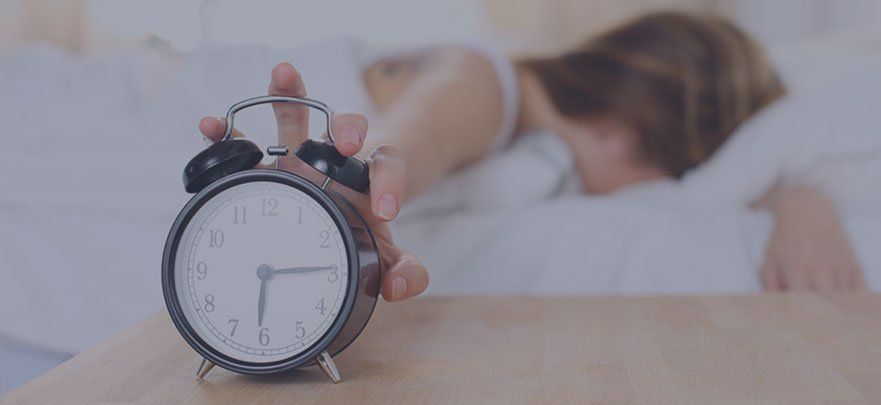
Stroke
Did you know that not getting enough sleep can lead to health problems such as stroke? Stroke is a medical emergency that can cause permanent damage or even death. It's caused by a blocked artery in the brain, which cuts off the blood supply and damages the tissue. One of the leading causes of stroke is sleep apnea. Left untreated, it can increase your risk for strokes.
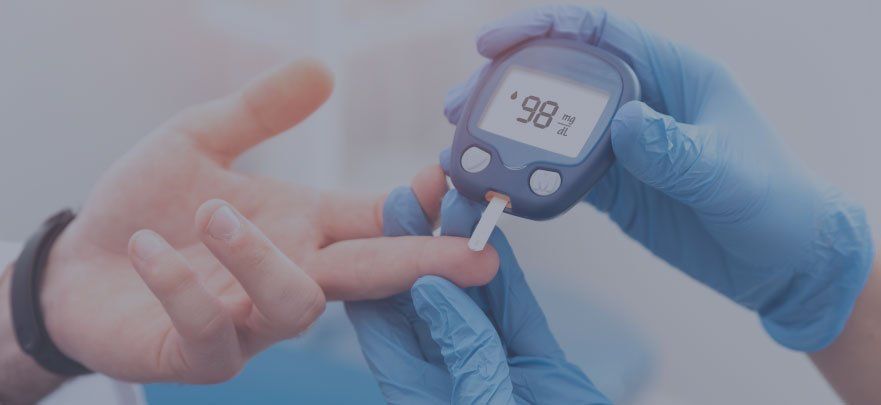
Type 2 Diabetes
Type 2 diabetes is a condition in which the body can't make enough insulin or use insulin properly. Insulin is a hormone that helps the body turn food into energy. Without enough insulin, sugar (glucose) builds up in the blood. Over time, this high blood sugar can damage organs and lead to other health problems. If you suffer from sleep apnea, you may be at risk for developing type 2 diabetes. While more research needs to be done on the connection between the two, studies have shown that there is a correlation between sleep apnea and insulin resistance.
Contact Us Today
We will get back to you as soon as possible.
Please try again later.
